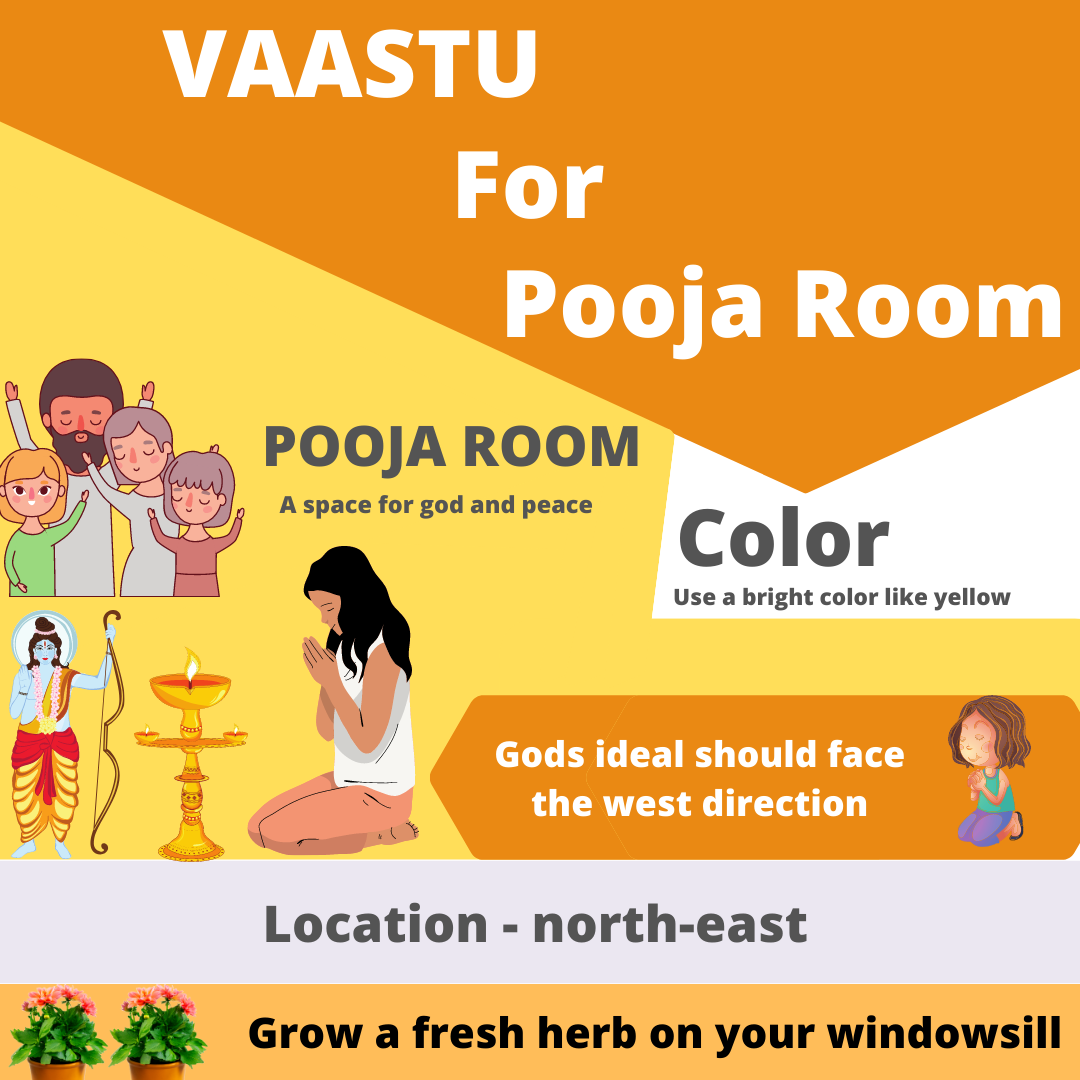
Introduction to the topic
Vaastu Principals For Pooja Room
According to Vaastu, the pooja room holds great significance in creating a sacred and spiritually uplifting space within the home. The pooja room should ideally be located in the northeast or east direction of the house. The entrance to the pooja room should face east or north, aligning with positive energies. It is important to keep the pooja room clean, clutter-free, and well-ventilated. Lighting plays a vital role, and natural light is preferred. The use of sacred symbols, idols, and religious artifacts is encouraged to enhance the spiritual ambiance. The color scheme should be soothing and serene. Incorporating natural materials like wood and marble can add a sense of sanctity. Overall, the pooja room should be a serene and tranquil space where one can connect with divine energies, following the principles of Vaastu.
Element of Nature
Water
Direction
Ishan Kon - North East Direction
Direction of the room as per vaastu
R for room direction
The pooja room, in accordance with Vaastu principles, is ideally placed in the North East or East part of the house. These directions are associated with positive energy flow and hold spiritual significance. By positioning the pooja room in this area which is the main source of sun`s morning light from the east , reflected light from the north and the cool breeze flowing from the north east direction , creates a sacred and tranquil atmosphere, conducive to meditation, prayers, and spiritual practices. The North East direction, also known as Ishan Kon, is often chosen for the pooja room due to its ability to enhance the spiritual

Best Direction
North East
First Alternate
East
Second Alternate
North
Avoid Direction
South and South West
Placement of furniture as per vaastu
I for internal layou
Furniture placement in the pooja room is crucial for creating a sacred atmosphere. Place the altar in the East or North direction. Keep a small seating area in front of the altar. Incorporate storage units in the South, West, or Southwest corners. Avoid clutter and maintain a minimalistic arrangement for a serene environment.

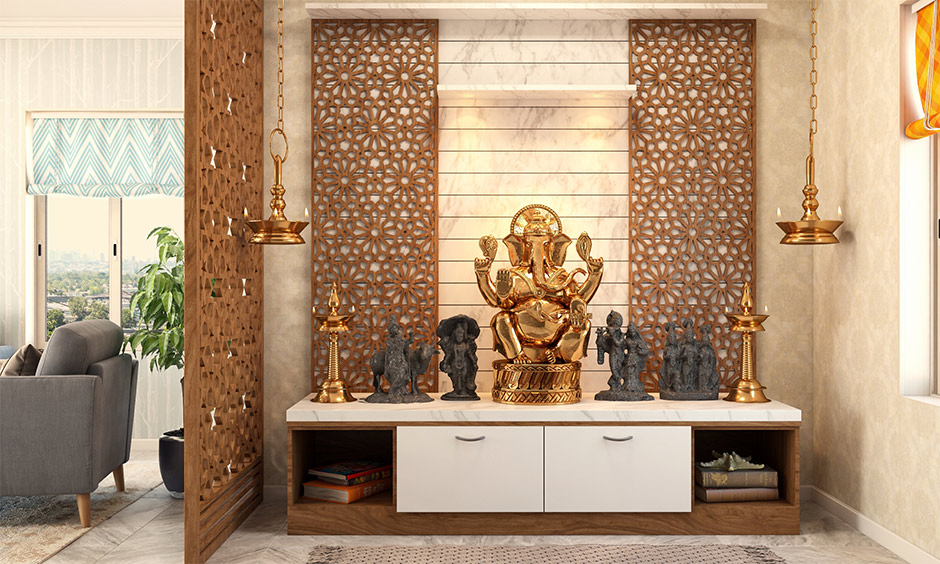
God`s Idol
Placed against the North East or the East wall .

Showcase placement
To be placed on the north or the east wall of the room .
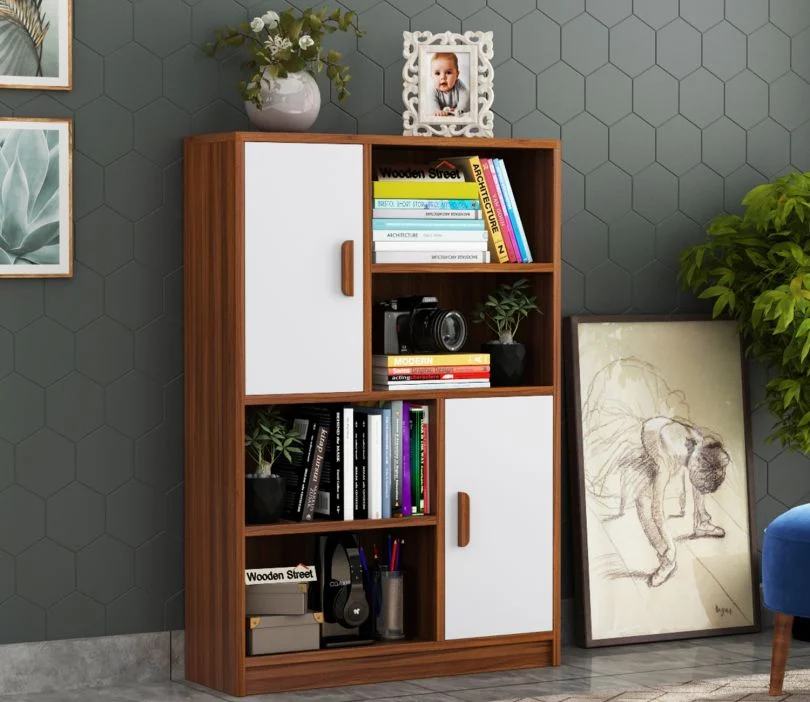
Book Shelves
Placed in the South or the South West wall .

Diya Stond
To be placed in the north east direction of the room .
Colors to be used in the rooms as per vaastu
T for tones and colors
Pooja rooms can be painted in white and yellow as white is a symbol of purity and peace, making it an ideal choice for a pooja room. It can help to create a calm and serene atmosphere that is conducive to prayer and meditation , Yellow is associated with happiness, prosperity, and enlightenment. It is a bright and cheerful color that can help to uplift the mood and create a positive atmosphere in the pooja room.
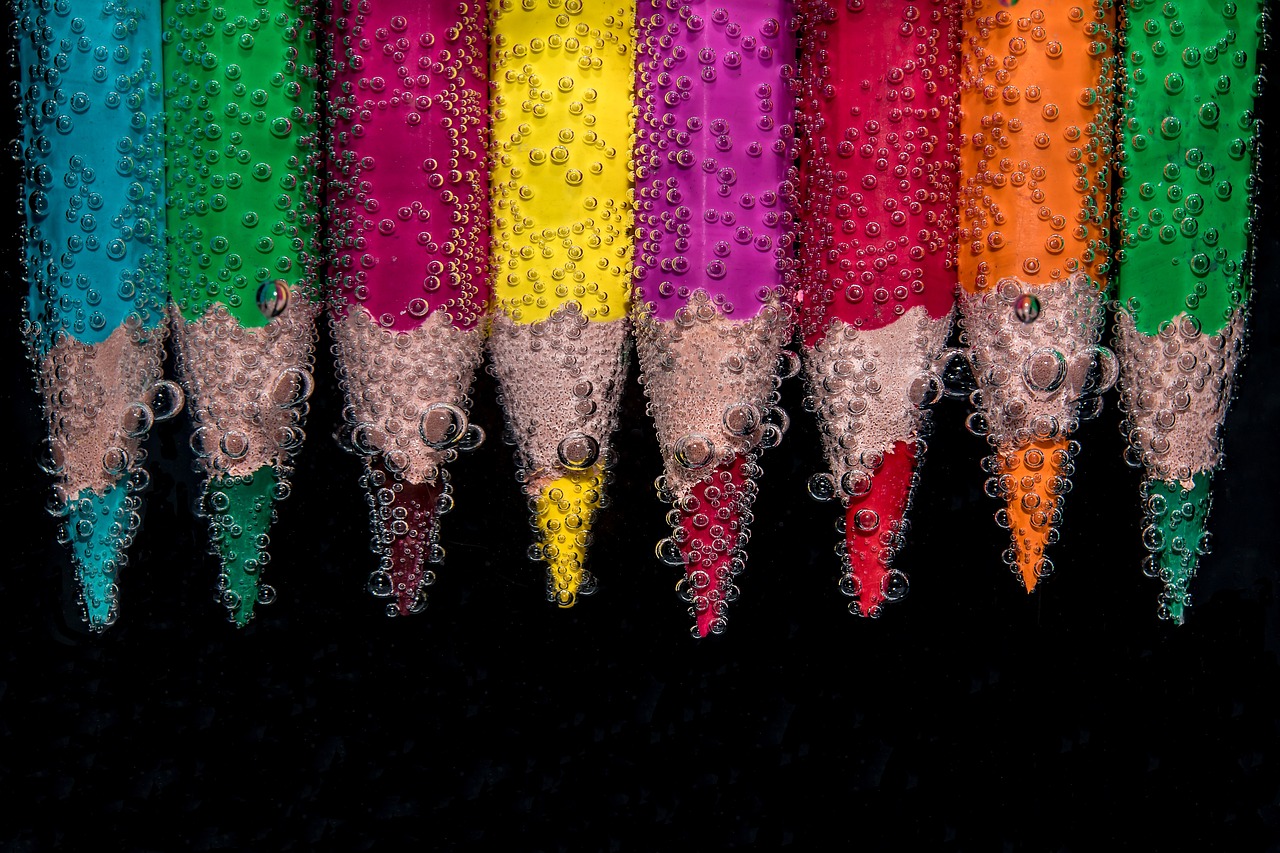
Walls
Lights colors such as cream , beige , light yellow etc
Floors
Light colored tile or marbles
Ceilling
Tones of white are prefered .
Furniture
Natural wood color shades are prefered .
Material and decor theme as per vaastu
E for elements and decor
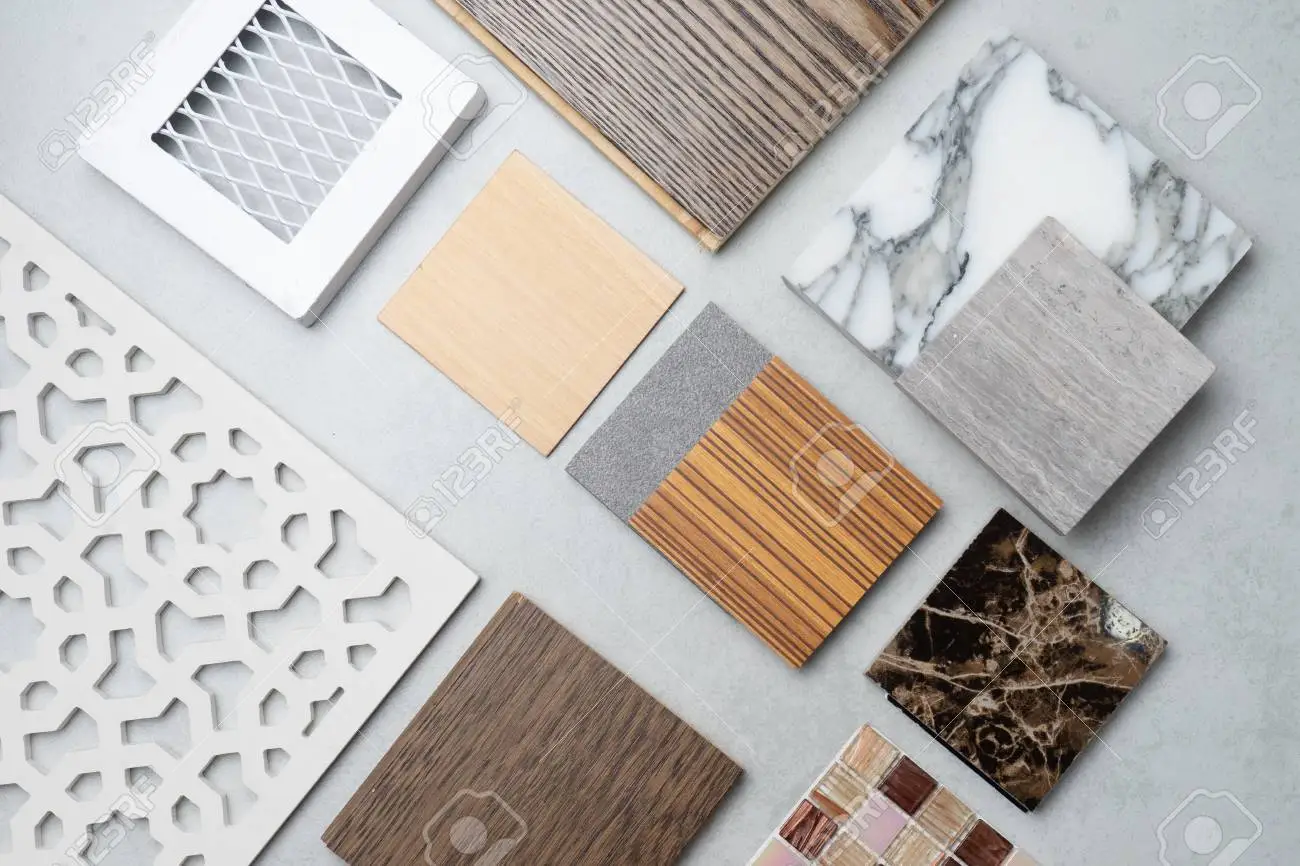
Materials
Use sacred materials like brass, copper, and silver for accessories. Opt for woods like sandalwood or rosewood for furniture. Use marble for the main altar. Natural stones such as crystal and quartz can be used as decorative elements. Choose silk or cotton fabrics for draping and

Decor
Choose sacred symbols, religious artwork, and positive imagery for the pooja room. Nature-inspired elements like flowers, leaves, and plants can also be incorporated to create a serene and divine ambiance. Avoid negative or disturbing themes in the décor.
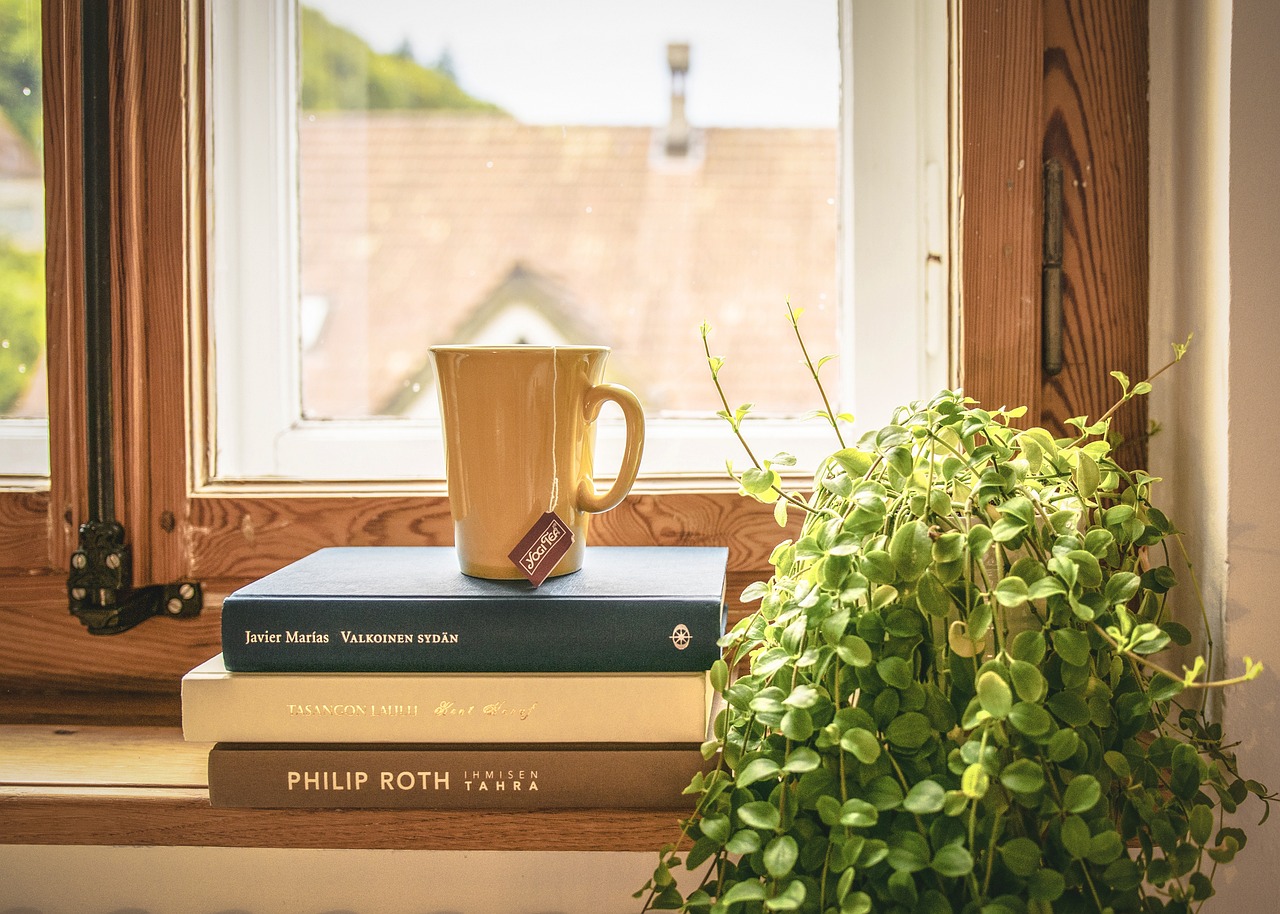
Openings
Place openings in the North, East, or Northeast directions to allow positive energies to flow into the pooja room. Use windows or doors with traditional designs to enhance the spiritual aura. Ensure proper ventilation and unobstructed openings for a fresh and vibrant atmosphere.
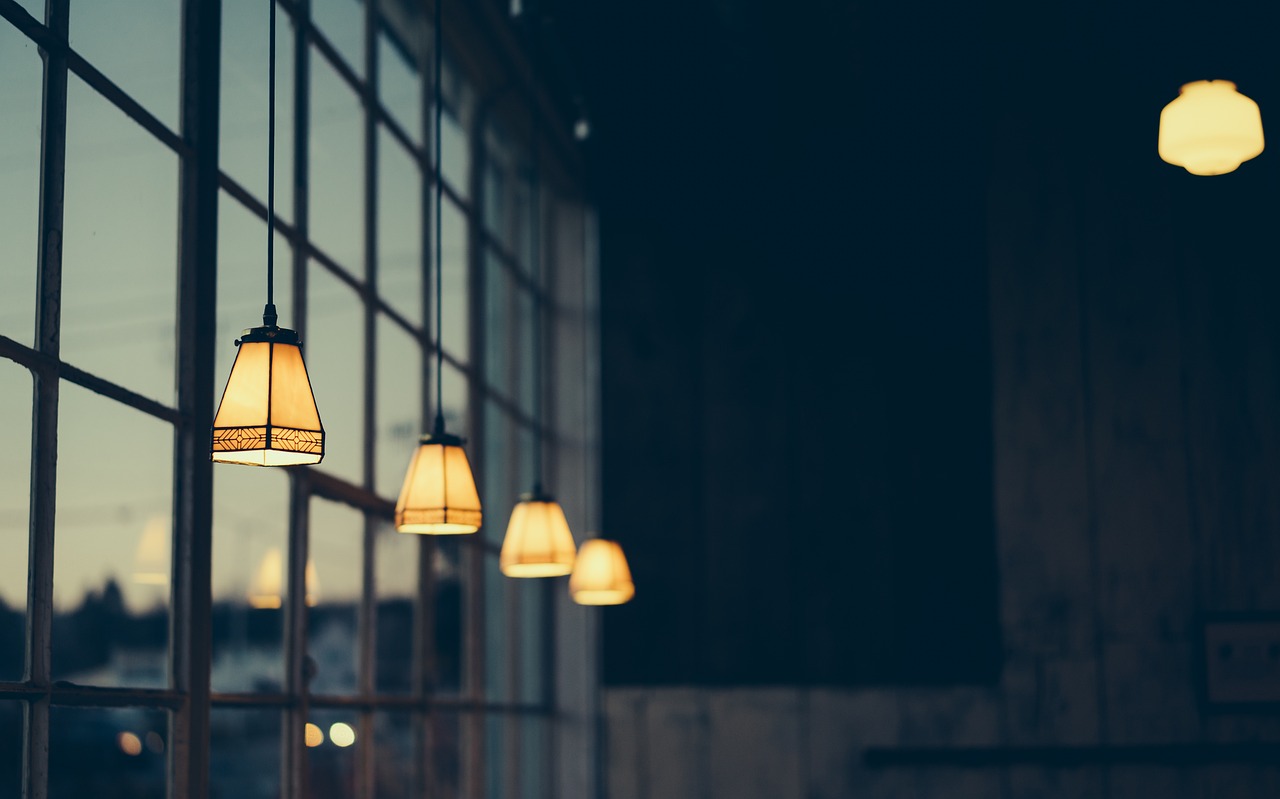
Lighting
Opt for soft and warm lighting in the pooja room to create a soothing environment. Use lamps, diyas (traditional oil lamps), or candlelight to add a sacred and serene glow. Avoid harsh or bright lighting that may disrupt the tranquility of the space.
Connect now for Live consultation
Our vaastu experts are live to help you with vaastu journey, click on the link below to get in touch with them .